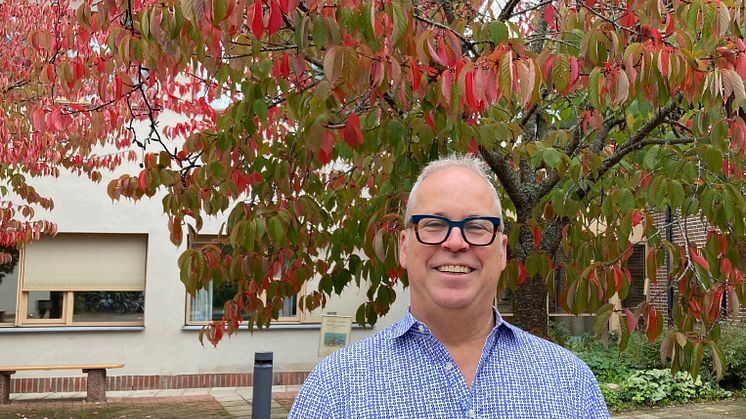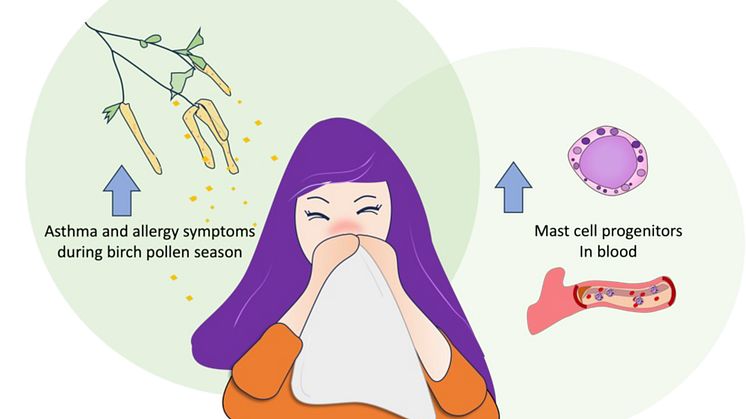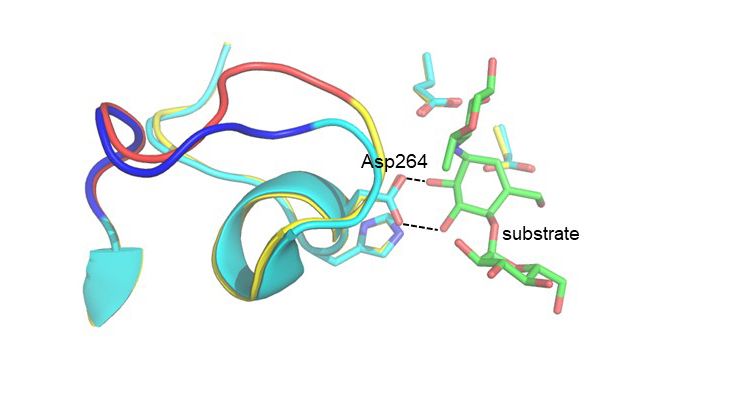Contraceptive pills protect against rheumatoid arthritis
Contraceptive pills can reduce the risk of rheumatoid arthritis, while hormone treatment in connection with menopause can increase the risk later in life. In a new study of more than 200,000 women in the UK, researchers at Uppsala University have discovered connections between the use of sex hormones and the risk of developing rheumatoid arthritis.







